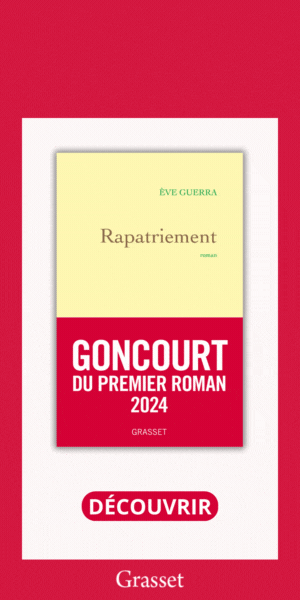Perfect fundamental values and the development of Africa. From African Renaissance to Illumination
Extraits
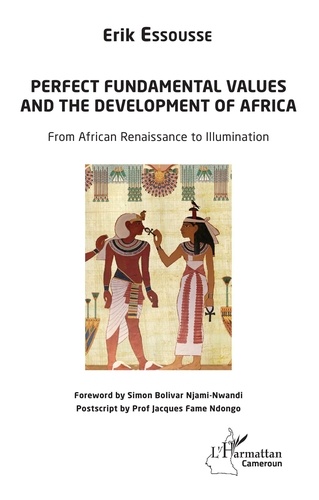
Histoire internationale
Perfect fundamental values and the development of Africa. From African Renaissance to Illumination
02/2020
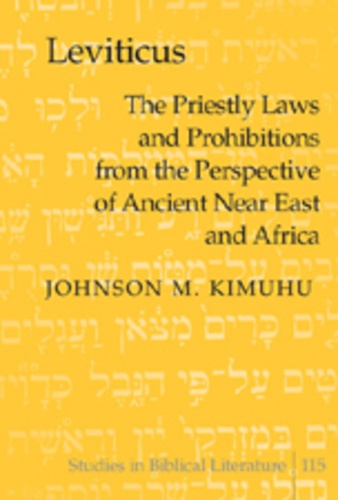
Religion
Leviticus
02/2008
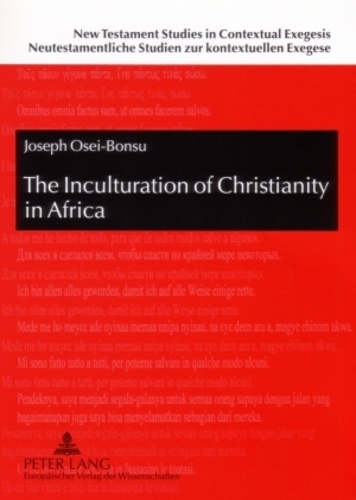
Non classé
The Inculturation of Christianity in Africa
10/2005
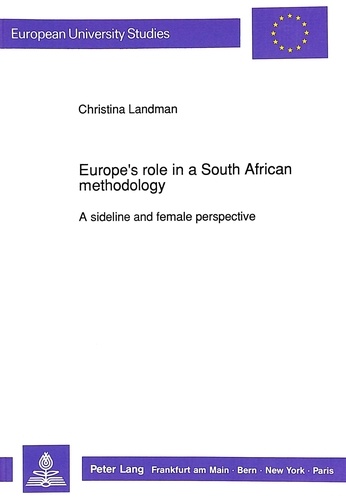
Droit
Europe's Role in a South African Methodology
12/1991
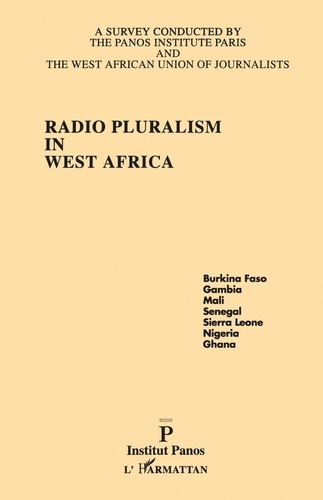
Critique littéraire
Radio pluralism in West Africa
09/1993
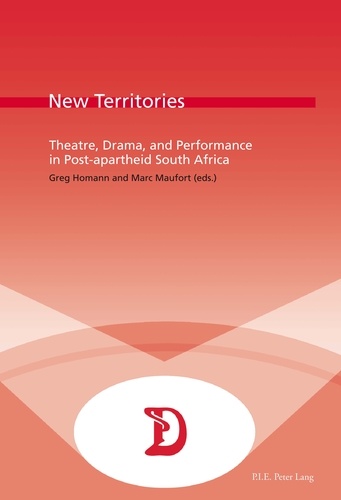
Théâtre
New Territories. Theatre, Drama, and Performance in Post-apartheid South Africa
11/1987
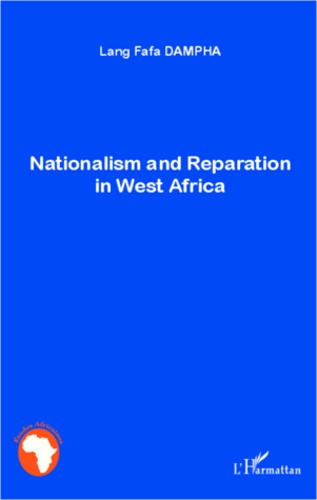
Histoire internationale
Nationalism and reparation in west Africa
04/2013
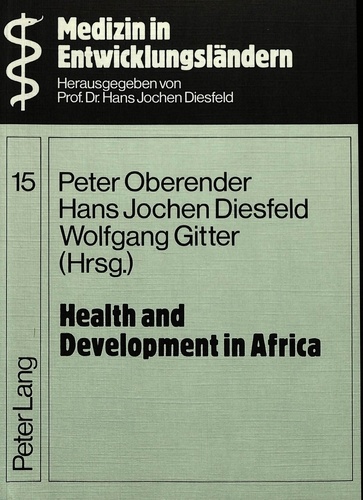
Non classé
Health and Development in Africa
12/1983
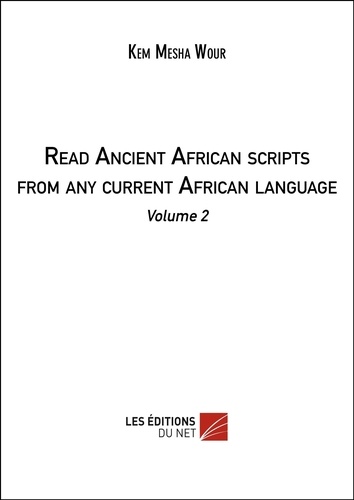
Non classé
Read Ancient African scripts from any current African language. Volume 2
05/2020
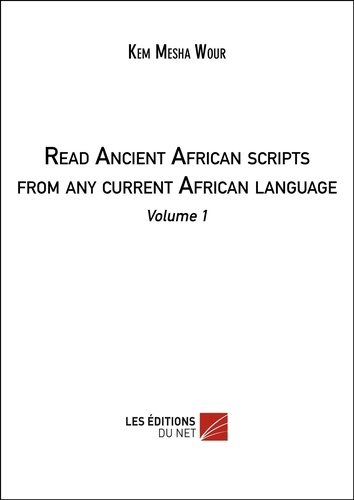
Non classé
Read Ancient African scripts from any current African language. Volume 1
05/2020
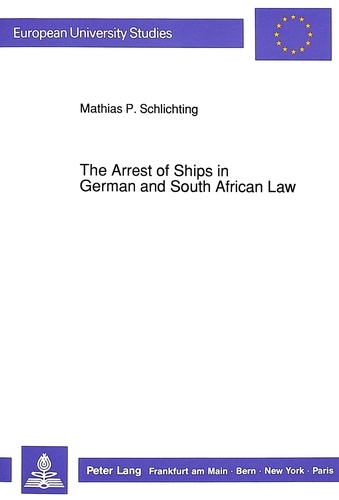
Non classé
The Arrest of Ships in German and South African Law
03/1991
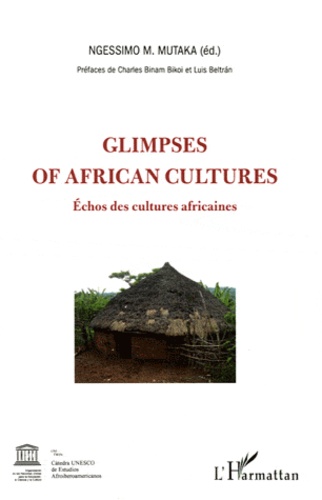
Ethnologie
Glimpses of african cultures. Echos des cultures africaines, Edition bilingue français-anglais
04/2011
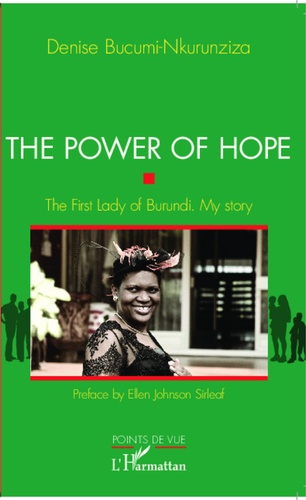
Histoire internationale
The power of hope. The First Lady of Burundi. My story
07/2013
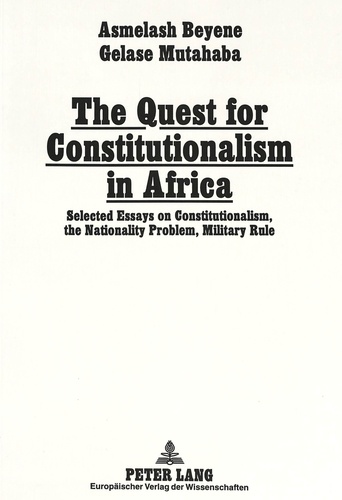
Non classé
The Quest for Constitutionalism in Africa
05/1994
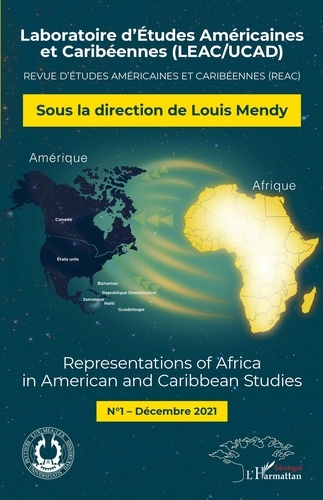
Sociologie
Representations of Africa in American and Caribbean Studies N° 1 Dédembre 2021. 1
02/2022
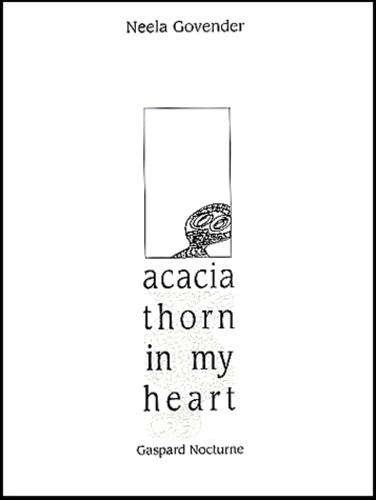
Anglais apprentissage
Acacia thorn in my heart
09/2001
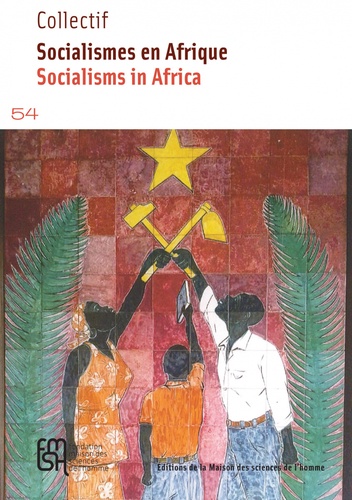
Sciences politiques
Socialismes en Afrique
06/2021
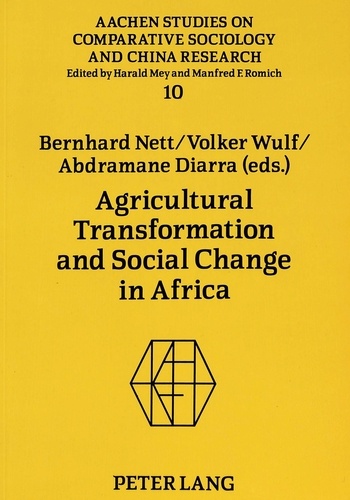
Non classé
Agricultural Transformation and Social Change in Africa
01/1993
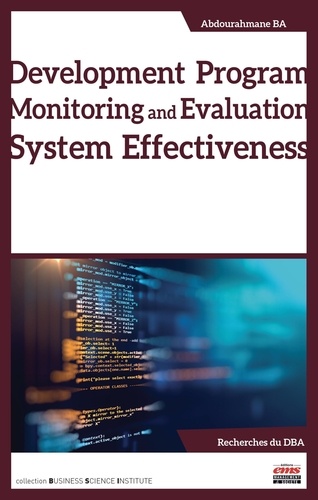
Gestion
Development Program Monitoring and Evaluation System Effectiveness
06/2019
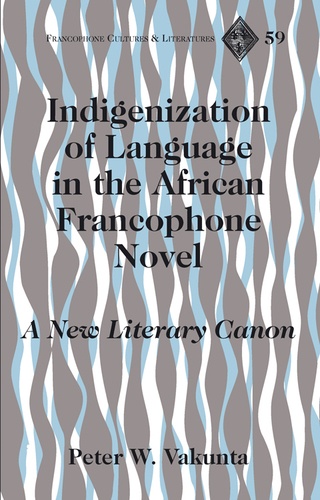
Littérature érotique et sentim
Indigenization of Language in the African Francophone Novel
12/2010
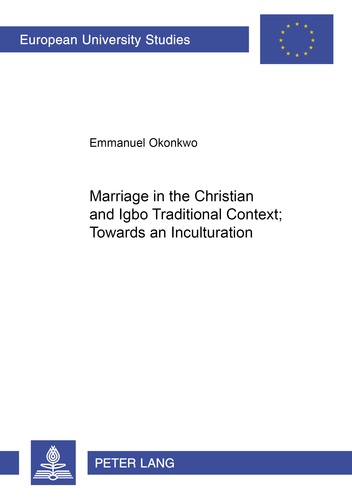
Non classé
Marriage in the Christian and Igbo Traditional Context: Towards an Inculturation
04/2003
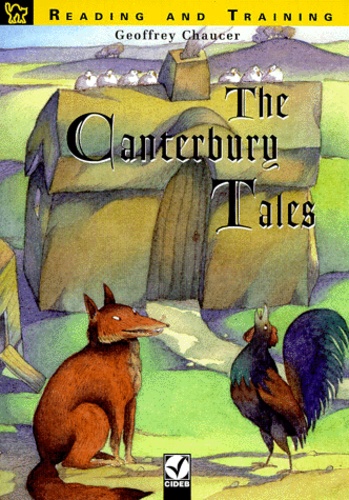
Anglais apprentissage
THE CANTERBURY TALES. Avec cassette audio
06/1999
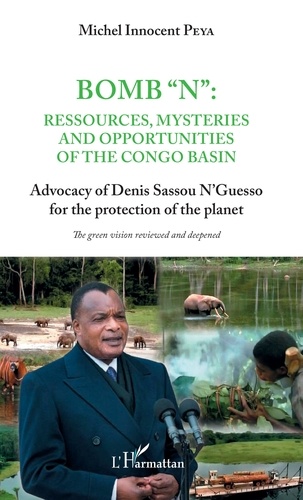
Histoire internationale
Bomb N : ressources, mysteries and opportunities of the Congo basin. Advocacy of Denis Sassou N'Guesso for the protection of the planet
08/2018
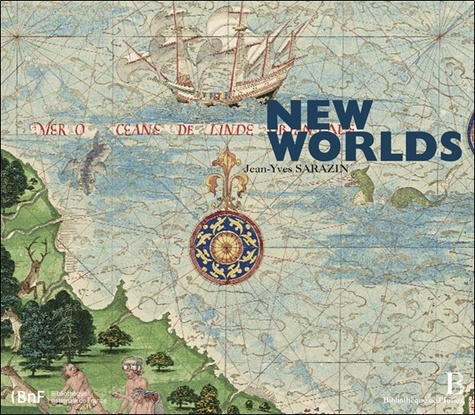
Beaux arts
New worlds
10/2012
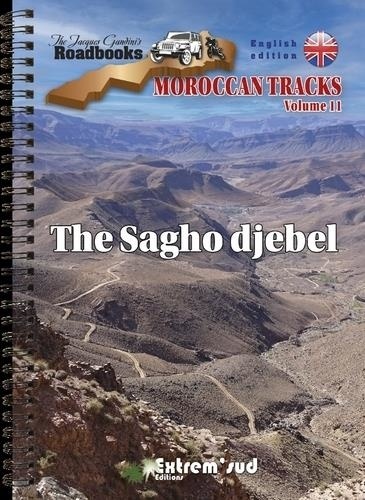
Tourisme étranger
Moroccan tracks Volume 11. The sagho djebel
08/2022
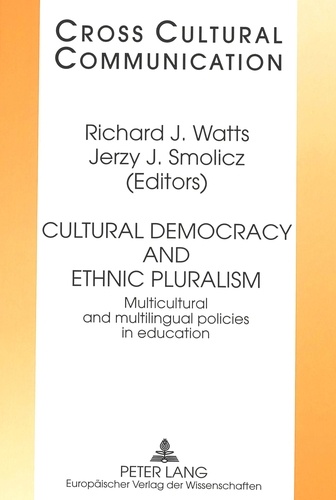
Non classé
Cultural Democracy and Ethnic Pluralism
08/1997
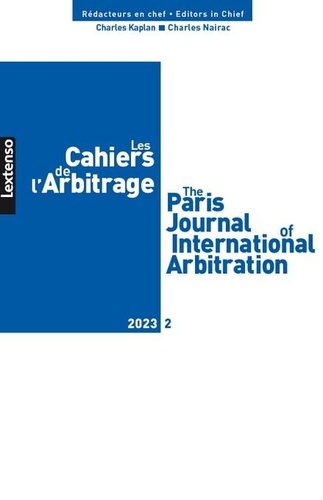
Arbitrage
Les Cahiers de l'Arbitrage N° 2 2023
10/2023
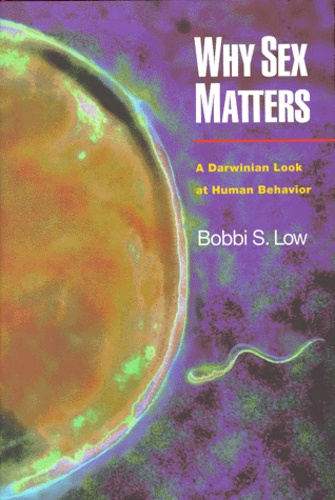
Histoire et Philosophiesophie
WHY SEX MATTERS. A Darwinian Look at Human Behavior
01/2000
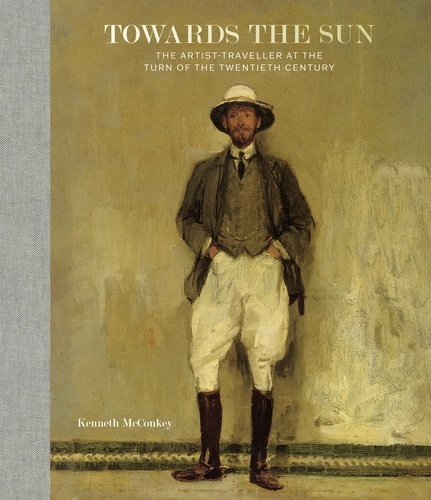
Monographies
Towards the Sun. The Artist - Traveller at the Turn of the Twentieth Century
11/2021
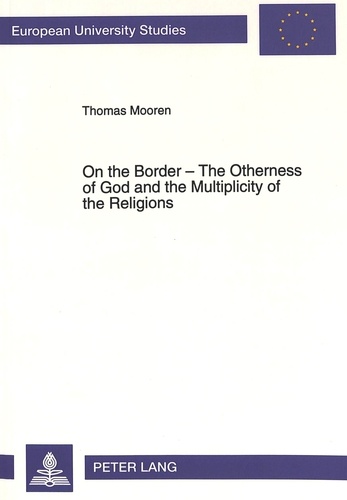
Histoire internationale
On the Border - The Otherness of God and the Multiplicity of the Religions
01/1994

